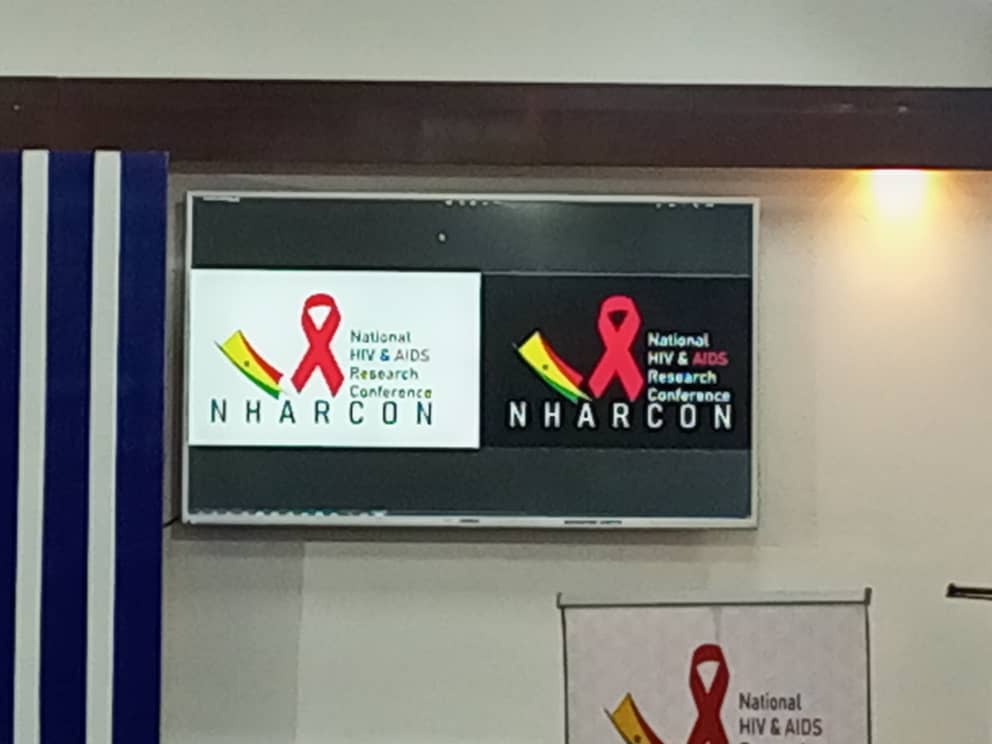By Samira Larbie/Lawrencia Mensah
Accra, Aug. 31, GNA- The Ghana AIDS Commission (GAC) in collaboration with it partners have launched the fifth edition of the National HIV and AIDS Research Conference (NHARCON) to improve on gaps in the National Strategic Response.
The conference, which will be held on April 25-28, 2023, is themed “Achieving HIV Epidemic Control Amidst Emerging Threats.”
The four-day event will also provide a platform for stakeholders to share information and experiences, discuss results of key research and exchange of ideas, and support the implementation of the current National Strategic plan 2021–2025.
Dr Kyeremeh Atuahene, the Director General of GAC, speaking at the launch, said the NHARCON 2023, would consider the impact of the HIV and other public health hazards and how to lessen the effects of the diseases.
He said the resources, expertise and commitment invested in the national HIV response had resulted in low prevalence and increased treatment uptake, which had kept persons with HIV alive, strong, and healthy.

Dr Atuahene acknowledging the successes over the years mentioned that between 2017 and 2021, new infections and AIDS related deaths had reduced by 26 and 38 per cent respectively.
He appealed for the provision of high-impact services to address infectious diseases such as HIV, TB, COVID-19, Viral Hepatitis, STIs and non-communicable diseases such as diabetes and cardiovascular diseases.
Professor William Ampofo, the Conference Chair, said to achieve the goal of making Ghana an AIDS-free country, there was the need for evidence to inform programming to impact the National HIV and AIDS response positively.
He said providing opportunities for researchers to share latest scientific advances, learn from each other’s expertise, and reviewing strategies for advancing the fast track 95-95-95 strategy would contribute to addressing HIV and its related diseases to ultimately end AIDS by 2030.
The aim of the 95-95-95 strategy is to diagnose 95 per cent of all HIV-positive individuals, provide antiretroviral therapy (ART) for 95 per cent of those diagnosed and achieve viral suppression for 95 per cent of those treated by 2025.
“Discussing and identifying future programme strategies and research priorities in light of the evidence and best practices also addresses HIV and its related diseases,” he said.
Mr Ampofo explained that the conference had been divided into scientific and non-scientific sessions.
The scientific session includes satellite symposia and abstract-driven meetings while the non-scientific ones involve the commercial and non-commercial exhibitions, and workshops for developing new skills.
He urged the Ghana AIDS Commission not to lose guard in achieving its goals, saying, “even under the threat of public health emergencies, we must not relent in our goal for an AIDS-free Ghana.”
GNA